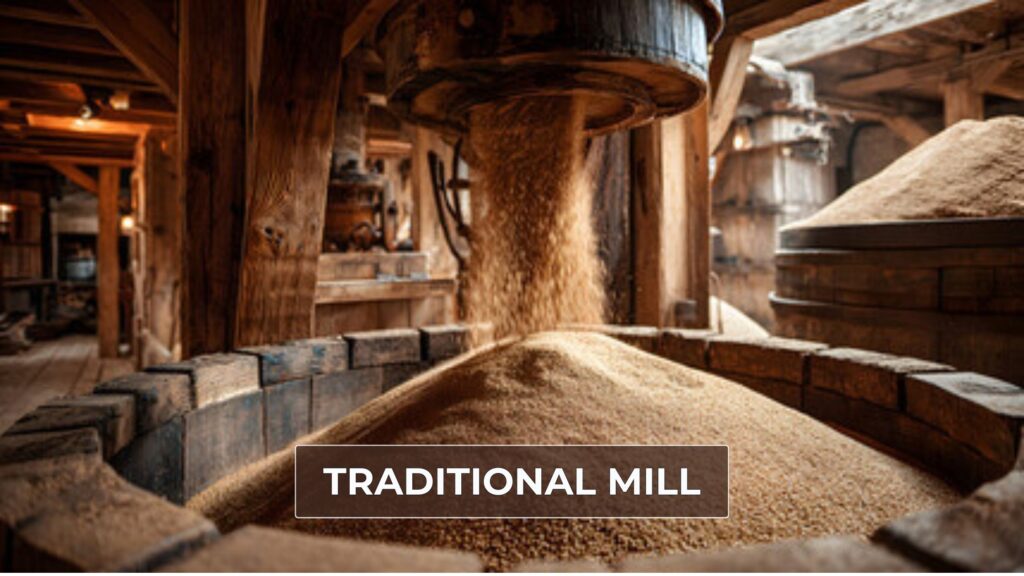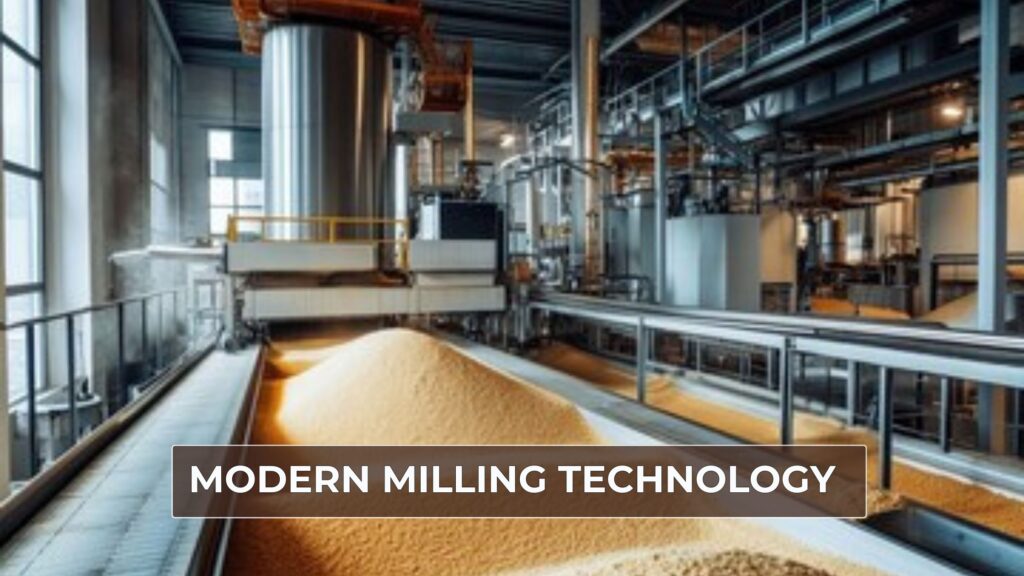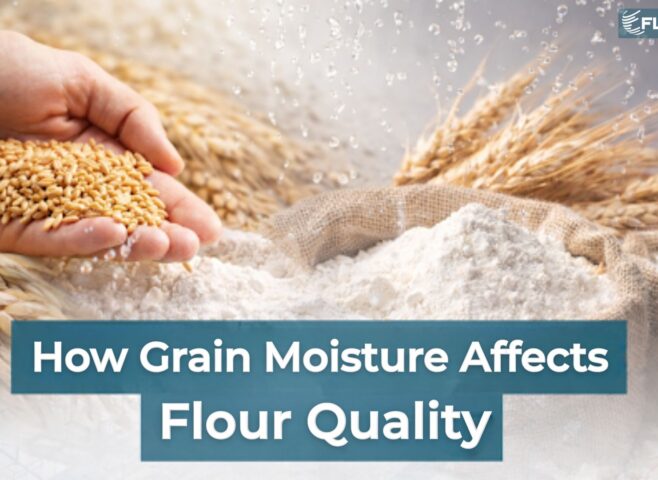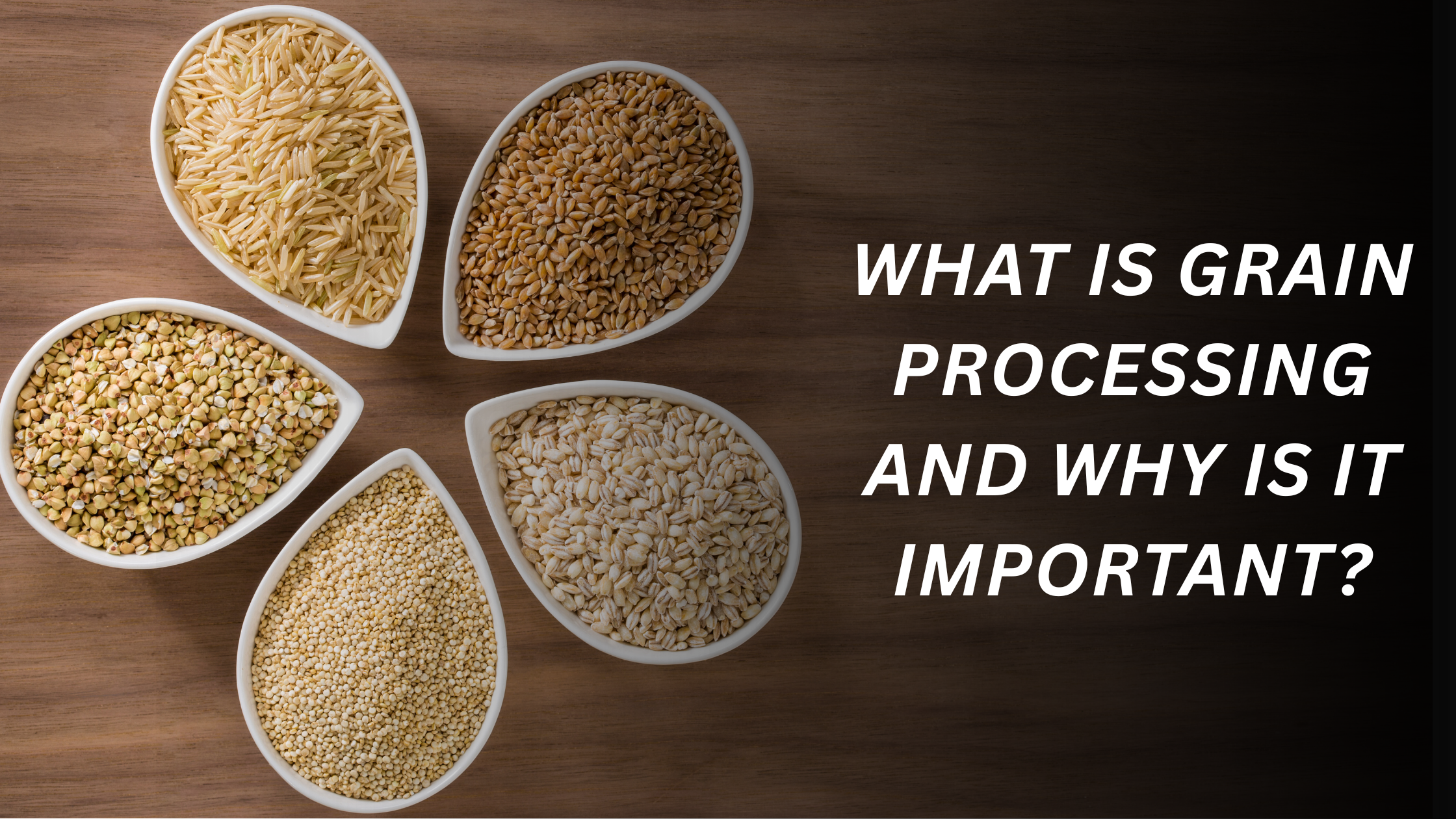Wheat has nourished human civilizations for ages—and even today it continues to be one of the world’s most widely consumed foodgrains. The journey from grains to top-tier flour involves many meticulous steps. The production process involves precision-based cleaning, conditioning, milling, and sifting activities that determine the final product’s texture, taste, and nutritional content.
The competitive nature of today’s food market requires both high-quality grains and precise machinery operations to produce superior-quality flour. Today’s cutting-edge grain processing machinery has revolutionized the industry by elevating the global standards for flour to a completely new level, providing accurate milling operations under hygienic conditions while yielding consistent results.
From Traditional Mills to Modern Precision Systems
In the past, wheat grains were processed using traditional stone mills or roller setups that relied heavily on human supervision. The old, manual methods resulted in uneven flour production because they lacked complete control over temperature, pressure, and fineness. The other challenges inherent to the manual milling methods were the possibility of nutritional degradation and contamination.
Modern grain processing machines, however, have redefined efficiency. The introduction of automation, through computer-controlled measurement and other advanced controls, enables processing operations to achieve exceptional levels of accuracy. These machines operate at higher production rates while safeguarding the original nutritive content of the grains, yielding flour that retains the original nutritional content with consistent texture.
The transition to cutting-edge automated milling systems has resulted in a boost for companies that make atta, refined wheat flour (maida), and other specialized flours, as these systems offer excellent product quality while speeding up the operations to lead to better profits.

How Modern Machines Enhance Flour Quality
Modern grain processing machines blend automation and food science to give results that older systems simply were incapable of achieving. Here’s how they make a difference:
- Precision Control for Consistency
Advanced sensors, along with adjustable rollers, ensure uniform particle size during milling. This consistency of grinding enhances the flour’s texture, leading to improved baking performance and appearance. - Optimized Temperature Management
The milling process generates heat, which destroys essential nutrients like vitamins and proteins. Modern systems are equipped with built-in temperature and pressure controls to prevent heat buildup. This protects both nutritional value and flavor quality. - Automated Quality Monitoring
Integrated digital monitoring tracks purity, moisture content, and yield in real time. The system performs instant corrections for any detected errors, guaranteeing that every batch complies with strict quality standards. - Hygienic, Low-Maintenance Design
The stainless-steel construction, together with protective designs, helps to reduce contamination risks and dust buildup. The system protects product hygiene while decreasing maintenance and cleaning time. - Energy Efficiency and Cost Optimization
Modern processing machines operate with low power consumption and minimal wastage, enabling processors to decrease operational expenses while maintaining production quality and quantity. - Adaptability to Market Needs
Milling machinery with adaptable settings enables the production of various kinds of flour, such as grainy whole-wheat flour and superfine confectionery maida, to meet different market requirements.
These innovations in milling machinery collectively ensure that the flour retains its natural color, taste, and nutritional value, satisfying the quality expectations of both local and global consumers.

Driving Growth Through Technology
At the forefront of this technological transformation is FlourTech, a trusted name in grain processing solutions. By offering turnkey solutions tailored to different production capacities, the company supports emerging and established businesses to meet evolving consumer demand.
The increasing and necessary need for top-tier flour quality has made modern wheat processing equipment an essential investment. These machines achieve perfect operational precision and production efficiency to deliver flour batches that meet the strictest global standards of food safety and purity.
As a leading equipment supplier, FlourTech remains dedicated to acquiring technological advancements in processing machinery. With advanced machinery and decades of expertise, the company helps processors turn grains into growth.
Partner with FlourTech Engineers to supercharge your grain processing operations with precision and efficiency.



